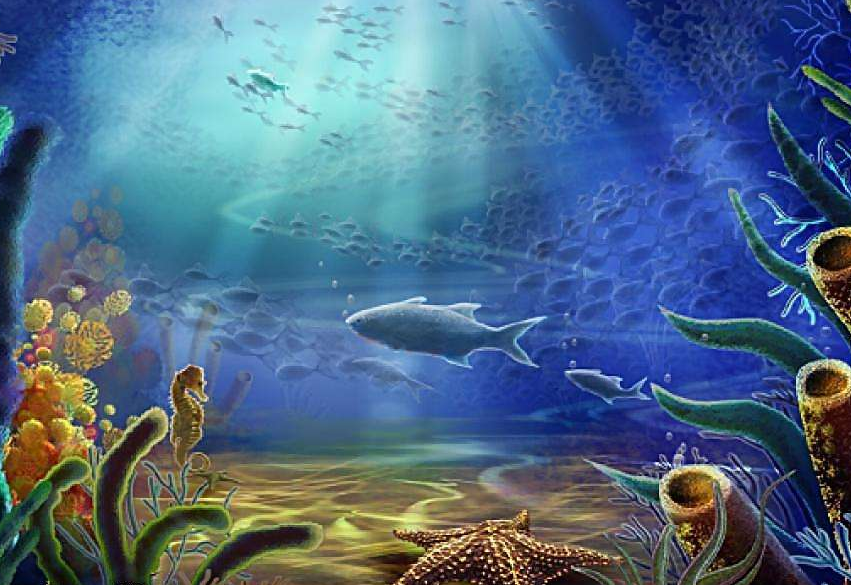They also discovered, by means of depth measurements, that there appeared to be submerged mountains in the mid-Atlantic, prompting some excited observers to speculate that they had found the lost continent of Atlantis.

Because the institutional world mostly ignored the seas, it fell to devoted—and very occasional—amateurs to tell us what was down there. Modern deep-water exploration begins with Charles William Beebe and Otis Barton in 1930. Although they were equal partners, the more colorful Beebe has always received far more written attention. Born in 1877 into a well-to-do family in New York City, Beebe studied zoology at Columbia University, then took a job as a birdkeeper at the New York Zoological Society. Tiring of that, he decided to adopt the life of an adventurer and for the next quarter century traveled extensively through Asia and South America with a succession of attractive female assistants whose jobs were inventively described as "historian and technicist" or "assistant in fish problems." He supported these endeavors with a succession of popular books with titles like Edge of the Jungle and Jungle Days, though he also produced some respectable books on wildlife and ornithology.











